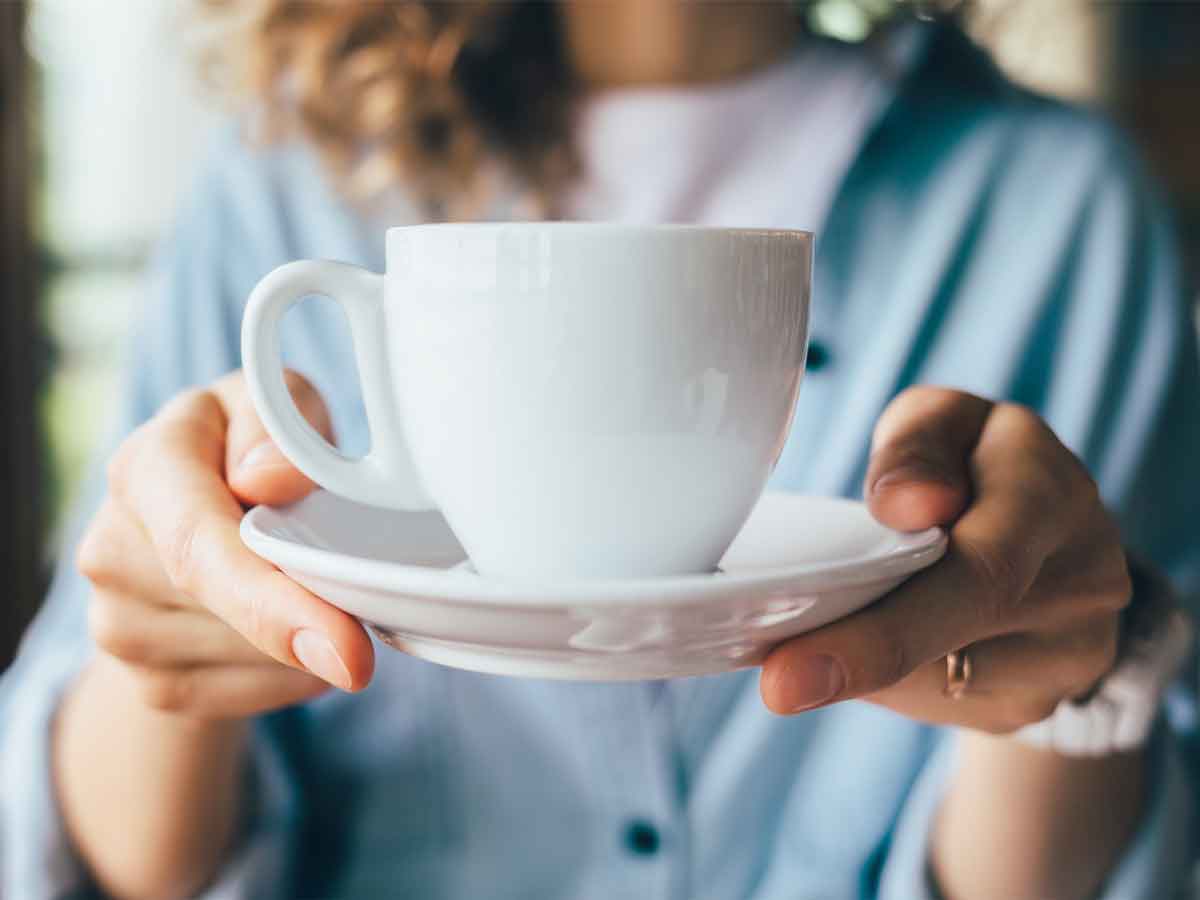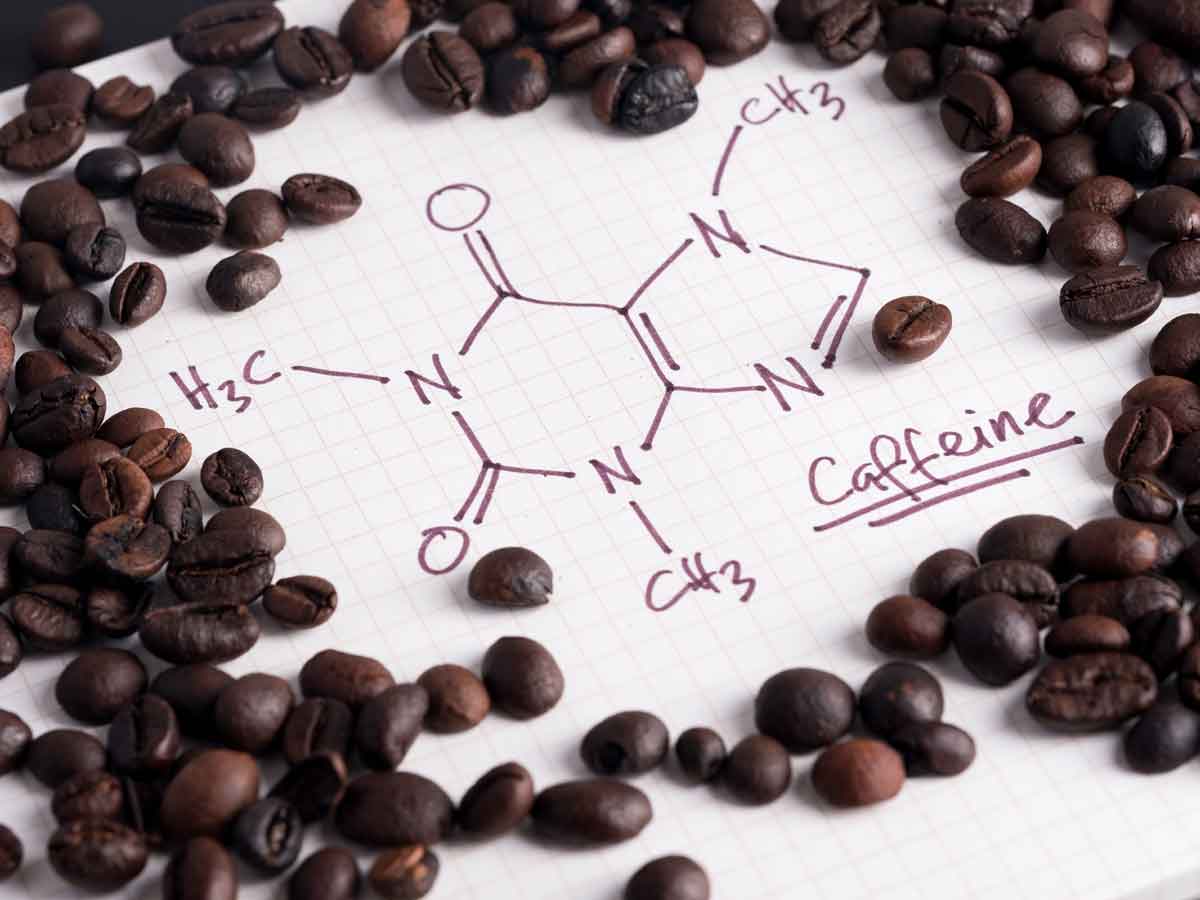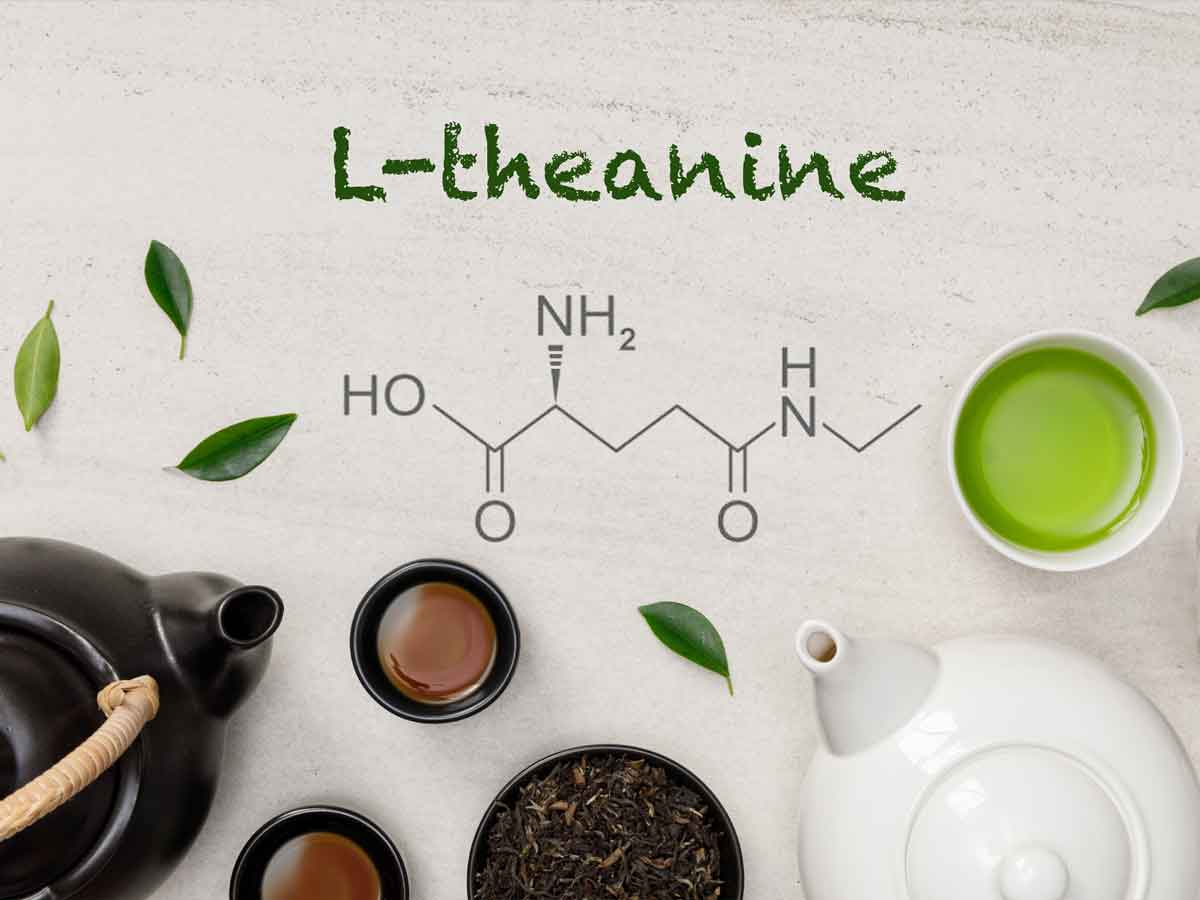Without a doubt, tea and coffee are two of the most in-demand drinks on the planet today. Stats show millions, if not billions, of people, start their day with either a cuppa of tea or a cup of joe.
- About 79% of Americans drink coffee while 75% choose tea.
- In the UK, 84% of adults consume tea while 77% prefer coffee.
- Millennials prefer tea (42%) over coffee (38%).
It’s safe to say that tea and coffee have made good mornings a strong possibility for everyone. Thanks mainly to caffeine, both concoctions have become the go-to drink to start just about everyone’s day.
However, if push comes to shove, you should dial down on coffee and grab a cup of perfectly brewed tea instead. Camella Sinensis tea to be exact: oolong, green tea, or black tea. Assuming you put a premium on health. Below are 3 reasons why.
The Jitters and the Hidden Dangers of Drinking Coffee
Legend has it that a 9th-century Ethiopian goatherd discovered coffee when he saw how energized his flock became when chewing on the plant. While nobody in his right mind would want to chew on coffee leaves today, coffee is a choice “good morning” drink for millions daily.
Number of coffee consumed daily worldwide: Over 2.25 billion cups
Of course, caffeine is behind coffee’s ability to energize after the first sip. It’s why people reach out for the drink in the morning.
But there’s a catch.
Too much coffee can cause the jitters. If you are not familiar with coffee jitters, the symptoms are:
- Shakiness
- Nervous energy
- Heart palpitations
To note, coffee jitters are a common side effect brought about by too much caffeine. The problem is coffee is oozing with caffeine, and so are energy drinks and a host of caffeinated beverages.
Worse, serious health complications could ensue if you make a habit of consuming too much caffeine daily. These include:
- Insomnia
- Digestive distress
- Rhabdomyolysis
- Addiction
- Hypertension
- Rapid heart rate
- Fatigue
- Urinary changes
(source: Healthline)
Now you know why drinking coffee before bedtime is a no-no.
Too much caffeine is certainly not advisable. One study showed that extremely high daily intake of 1,000 mg of caffeine leads to increased stress levels and rapid breathing. And that’s just for starters.
And this is exactly why true teas come to the rescue.
3 Ways Tea Gives You the Best Mornings
All true teas are made using leaves of the Camella Sinensis evergreen shrub. Just like coffee, both drinks are made from plants. But while coffee was discovered fairly recently in the 15th century, tea existed thousands of years ago in China.
And that means, millions of people all around the world have made use of tea leaves to brighten up their day, the newly-crowned King Charles III of England including. Here’s why the nootropic would give you a better shot at a “good morning” than coffee.
1. Tea has less caffeine
Chief among the reasons why tea rules over coffee in starting your day is its caffeine content. Coffee’s higher caffeine may be good if you’re looking for a quick energy boost but (as illustrated above) you run the risk of experiencing anxiety, impaired sleep, and other health complications.
Tea’s distinct advantage is it harbors a more manageable amount of caffeine. This allows you to get your early morning energy boost minus the jitters.
In short, you’re at a greater health risk when you make a habit of drinking coffee every day as opposed to drinking tea.
Check out the table of the caffeine content of common caffeinated drinks below:
| Common Drink | Average Caffeine Content |
|---|---|
| Coffee (237 ml) | 60 to 180 mg |
| Black Tea(237 ml) | 47 mg |
| Oolong Tea(237 ml) | 20 mg |
| Green Tea(237 ml) | 29 mg |
| White Tea(237 ml) | 5 to 15 mg |
| Energy Drink | 71 to 215 mg |
| Cola Drinks | 22 mg |
Source: Mayo Clinic
How much caffeine is safe for an adult? That really depends on people’s sensitivity to caffeine as this varies from one person to another.
IMPORTANT:
Experts agree you should not go beyond 400 milligrams of caffeine daily. Above that and you could be putting yourself at risk.
So, when you partake of 10 cans of cola or two “energy shot” drinks, you’re courting disaster, experts warn.
2. Tea gives you a better energy boost
While we view our day as a race, it’s a marathon. You need not just run as fast as you can in the morning but finish what you need to finish well to accomplish your day
Thus, a quick energy boost is fine and dandy when you’re starting your day. But as you go through your day, you need more than just your morning energy.
You need energy for the whole day. So you must manage your energy better to finish the day’s work.
This is where tea provides better energy than coffee. Tea energy lasts longer throughout the day. And this is thanks to L-theanine.
MPORTANT:
Tea has L-theanine, a powerful brain antioxidant. Research shows consuming caffeine (in tea) and L-theanine helps maintain mental alertness, focus, and sharpness for longer.
A study revealed that those participants who consumed caffeine alone performed a lot worse than those who took caffeine and L-theanine together.
3. Tea helps ward off life-threatening diseases
Last but certainly not least, drinking tea has been linked to disease prevention. And we’re not talking about trivial cases. It’s been found that nootropic drink is filled to the brim with antioxidants that ward off life-threatening diseases.
Top of the list is heart disease. To note, heart disease takes over 600,000 lives in the U.S. alone yearly. But thanks to polyphenols, powerful plant antioxidants, tea can help fight heart disease.
IMPORTANT:
Polyphenols in tea fight heart disease by helping:
| Break down triglycerides | |
| Lower cholesterol | |
| Lower blood sugar | |
| Fight obesity | |
| Relieves stress |
Even better, tea is useful in fighting cancer, diabetes, and cognitive diseases such as Alzheimer’s and Parkinson’s, among other health benefits. This is the reason why the nootropic drink is highly recommended for seniors.
So, next time you wake up, nix caffeine jitters. Start your day right with a cuppa tea.
FINAL NOTE: If you want to transition to tea from coffee, do it gradually to avoid withdrawal symptoms. Start by replacing one cup of joe with a cup of tea. Increase tea consumption over time.





